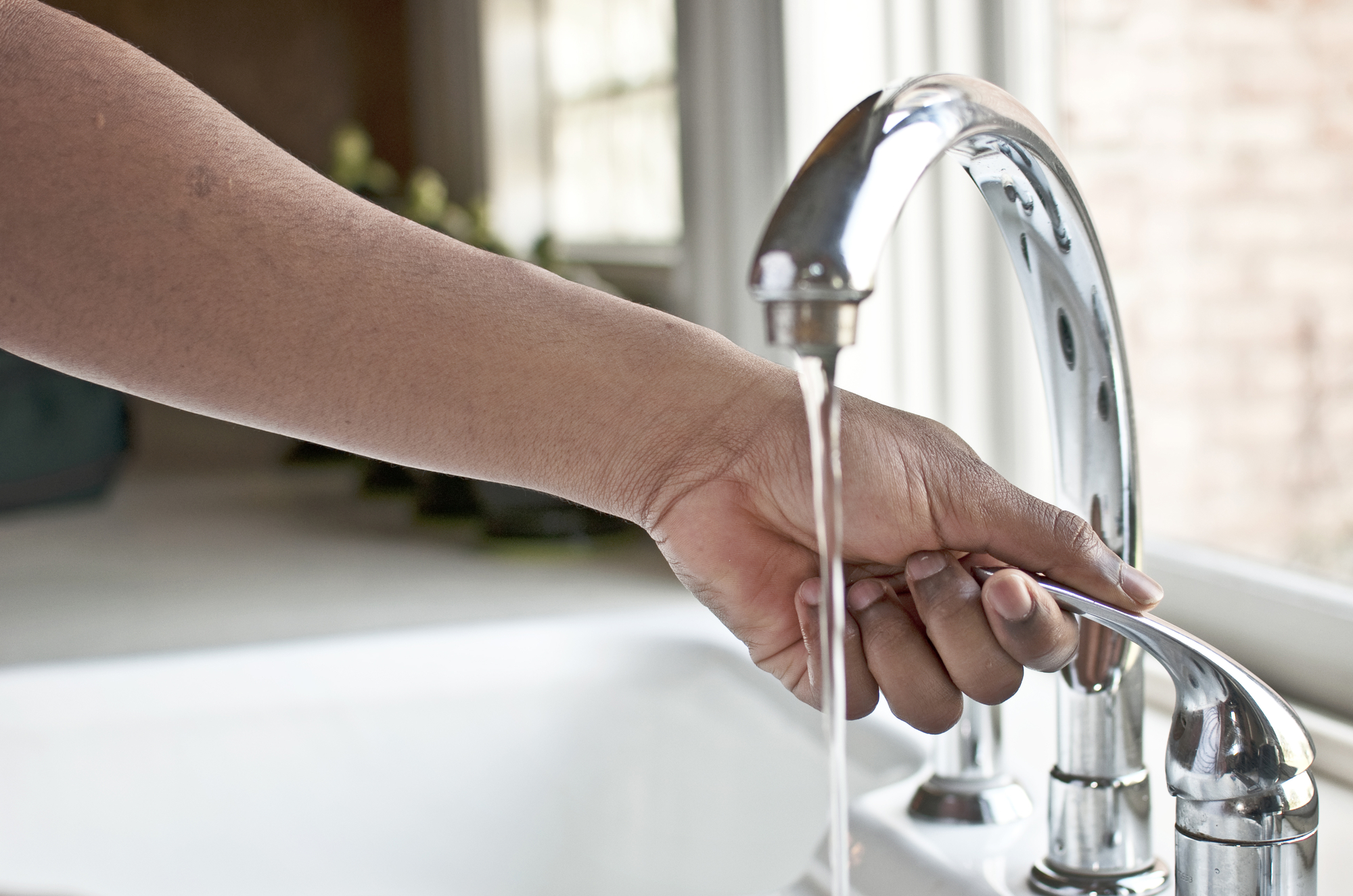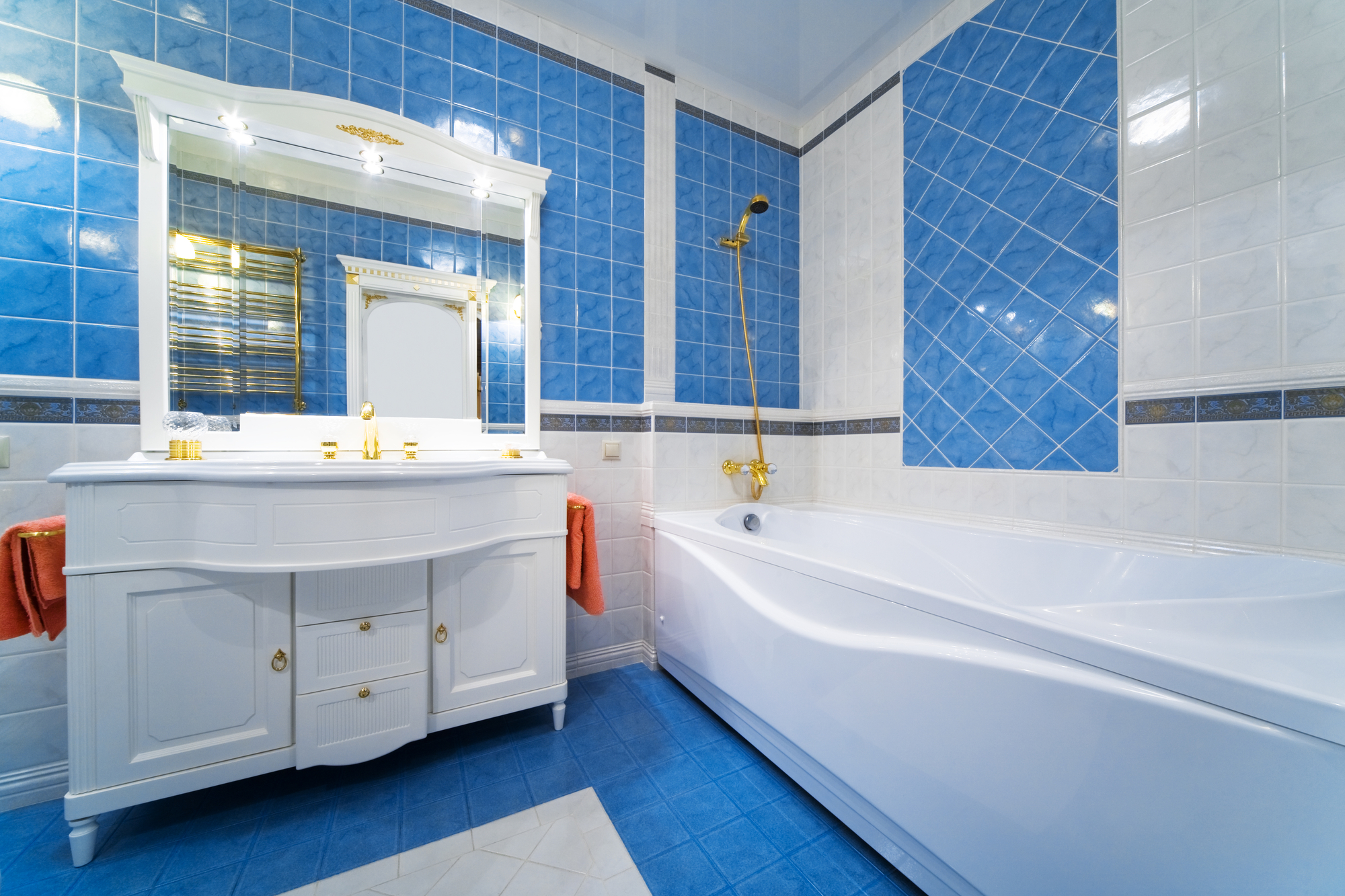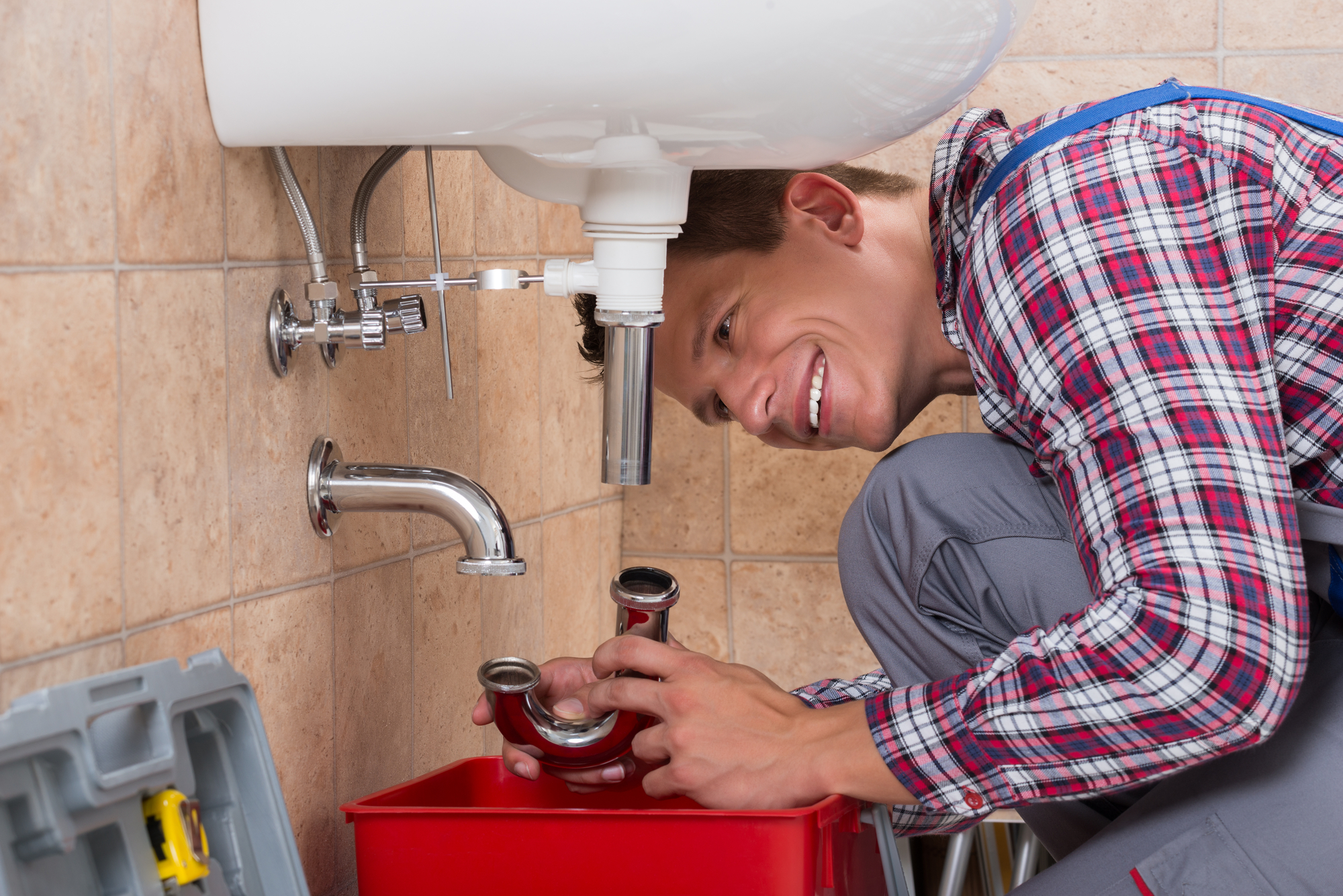Dave Yates, a leading industry expert in plumbing and HVAC, has been advocating for heat pump retrofits in residential and commercial spaces for years. With the increasing demand for energy-efficient and environmentally-friendly heating solutions, retrofitting traditional heating systems with heat pumps has become a popular choice among homeowners and building owners.
In this blog post, we will explore what heat pumps are, how they work, and the benefits of retrofitting traditional heating systems with heat pumps, based on Dave Yates’ expertise.
What are Heat Pumps?
A heat pump is an HVAC system that uses refrigerant to absorb and release heat from the air, ground, or water to heat or cool a space. Unlike traditional heating systems that generate heat by burning fossil fuels or using electric resistance, heat pumps move heat from one place to another, making them highly efficient and sustainable.
How do Heat Pumps Work?
Heat pumps operate using the same basic principle as air conditioning systems. But instead of cooling the air indoors, a heat pump reverses the process to extract heat from the outdoor air and pump it indoors.

The heat pump cycle begins when the indoor unit (evaporator coil) absorbs heat from the indoor air and transfers it to the outdoor unit (condenser) via the refrigerant line. The outdoor unit then releases the heat to the air outside and the cycle repeats.
During the summer months, the heat pump functions in reverse to cool the indoor air by absorbing heat from the indoor air and releasing it outdoors.
Why Retrofit Traditional Heating Systems with Heat Pumps?
Dave Yates has been advocating for heat pump retrofits for several reasons:
1. Energy Efficiency: Heat pumps are highly efficient, with a minimum SEER (Seasonal Energy Efficiency Ratio) rating of 14. This means that they use 14% less energy than a standard air conditioning unit, resulting in significant long-term energy savings.
2. Environmentally Friendly: Unlike traditional heating systems that use fossil fuels, heat pumps rely on electricity to move heat, making them a much greener alternative.

3. Versatility: Heat pumps can be used for both heating and cooling, eliminating the need for separate heating and cooling systems.
4. Durability: Heat pumps have fewer mechanical components than traditional heating systems, making them less prone to mechanical failures and requiring less maintenance.
5. Comfort: Heat pumps can provide consistent and even heating throughout a space, eliminating hot/cold spots that are common in traditional heating systems.
Retrofitting with Heat Pumps: What to Consider
Before retrofitting a traditional heating system with a heat pump, there are several considerations to keep in mind:
1. Existing Ductwork: Heat pumps require ductwork to deliver heat to the indoor space. The existing ductwork in a building should be inspected to ensure that it is in good condition and suitable for use with a heat pump.
2. Heat Pump Sizing: Proper sizing of the heat pump is critical to efficient and effective operation. Dave Yates recommends having a professional HVAC contractor perform a heat loss/gain calculation to determine the correct size of the heat pump.
3. Climate: While heat pumps are highly efficient in moderate climates, they may not be suitable for colder climates where temperatures frequently drop below freezing.
4. Distribution System: In some cases, the distribution system may need to be modified to accommodate the installation of a heat pump.
Conclusion
Heat pump retrofits are a cost-effective and energy-efficient solution for homeowners and building owners looking for environmentally-friendly and sustainable heating and cooling options. Dave Yates, a leading industry expert in plumbing and HVAC, has long been advocating for the adoption of heat pumps, citing their versatility, energy efficiency, and durability as some of their key advantages.
If you are considering a heat pump retrofit, it is important to consider several factors, such as the existing ductwork, heat pump sizing, and climate, to ensure that the retrofit is successful. For more information on heat pump retrofits or to schedule a consultation, visit our website at ACEPlumbingRepair.com or give us a call at (844) 711-1590.






